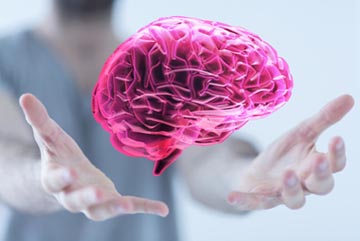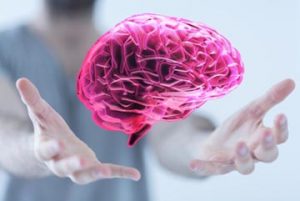
Protecting Brain Health
Protecting Brain Health
People who experience the least decline in memory and cognition share an active lifestyle and are certainly healthy. Brain aging is necessary to some extent, but it is not a common rule; it affects everyone differently based on the environment, lifestyle and genetics.
To support a healthy aging method, you need to take care of your mind and body. A diet with plenty of healthy grains, proteins, antioxidant vegetables and fruits, as well as common physical exercise, and good social networks it’s a great start.

Here are some ways you can begin to practice the longevity lifestyle today:
Foods that boost your brain
Blueberries
Blueberries and other deeply colored berries deliver anthocyanins, a group of plant compounds with anti-inflammatory and antioxidant effects. Antioxidants move against both inflammation and oxidative stress, conditions that can provide to neurodegenerative diseases and brain aging.
Coffee
The caffeine found in coffee has a lot of positive effects on the brain, including:
- Happy mood. Caffeine may also boost some of your “feel-good” neurotransmitters, such as dopamine
- More concentration. Caffeine consumption led to short-term progress in alertness and attention in individuals who completed a cognition test.
- Increase alertness. Caffeine keeps your brain alert by blocking adenosine, a chemical messenger that makes you feel sleepy
Broccoli
Broccoli is very high in vitamin K, which is great to generate better memory and cognitive status. This fat-soluble vitamin is crucial to create sphingolipids, a type of fat that’s densely packed into brain cells, also broccoli is packed with powerful plant compounds, including antioxidants which may help protect the brain against injuries.
Chocolate
Is an excellent mood booster, according to research people who ate chocolate more frequently accomplish better in a series of mental games, including some involving memory, compared with those who rarely ate it. The flavonoids in chocolate gather in the areas of the brain that deal with memory and learning.
Exercise your mind
Any mental stimulation activity should help to boost your brain. Scientists have found that brainy activities inspire new connections between nerve cells and may even help the brain generate new cells, try activities such as reading, word puzzles, learning a new skill, or math problems.
Mental stimulation has been shown to trigger neural circuits and is related to lower Alzheimer’s disease. Experiment with things that require some mental effort as well as manual dexterity, such as painting, playing word games, or drawing, among others, to increase your perception, memory, attention, and processing speed.
Exercise your body
Research shows that exercise is good not only for your mind, analyses have shown that people who get regular cardiovascular conditioning have larger parietal, temporal, and frontal brain areas, which is related to stronger cognitive conduct.
Using your muscles also helps your mind, exercise regularly increases the number of blood vessels that bring oxygen-rich blood to the zone of the brain that is responsible for thought. It also helps blood sugar balance, lowers blood pressure, improves cholesterol levels, and reduces mental stress, all of which can help your brain as well as your heart.







